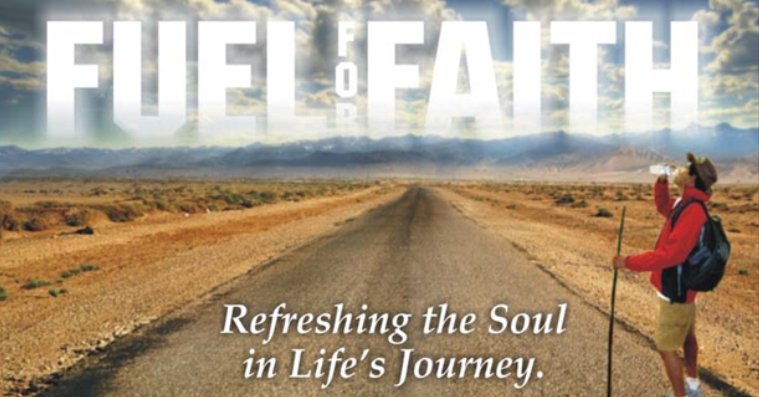
We live in a world where tolerance is glorified to the extent that being sure of anything is considered being narrow minded. In contrast to every other generation in human history who sought to find truth and establish certain knowledge, our generation seems to have settled with a strong belief that certainty in knowledge is impossible. Since there is nothing absolutely true, everything becomes relative and tentative. I agree that admitting our ignorance is always a virtue, but settling for this agnostic belief that nothing can be known for certain is the curse of our generation. I do not think there was ever a generation of young people who so frequently said “I don’t know”, ‘May be”, and “I don’t care”. I think it’s time someone cared for this generation enough to help them understand the necessity of strong convictions in a shaky and relative post modernism. |
In an attempt to be politically right and being sensitive to others’ belief, we have taught our young people the virtue of tolerance. It is important to understand that this is a reaction to all the wars and destructions that were caused because of strong prejudice based on religion and race. We cannot deny the fact that prejudice can be a strong passion that blinds people from reality, however rejecting all convictions because of their potential capacity to make us biased is foolish. We live a very self-contradicting life when we say that the only certain thing we know is that we cannot know anything for certain. It’s funny how vagueness and skepticism has become so fashionable these days that anyone with strong convictions is seen as self-righteous and religious fanatic. Friedrich Nietzsche says “Convictions are more dangerous enemies of truth than lies.” What a deceptive way to discourage convictions and make lies look harmless.
I agree that admitting our ignorance is always a virtue, but settling for this agnostic belief that nothing can be known for certain is the curse of our generation.
As Christians who are called to witness and influence our generation, we need to discern the difference between convictions and opinions. Warren Wiersbe says “Opinions are easy to obtain and easy to change. There is no explaining why we hold the opinions that we do. Some opinions are carefully thought out and are readily defended, but no opinion should grip us the way a true conviction should hold us…opinions grow out of varied experiences of life. My opinion that a certain airlines is better than the others need not be based on any scientific study or statistics, it’s just my opinion based on my experience.”
We live a very self-contradicting life when we say that the only certain thing we know is that we cannot know anything for certain.
Convictions on the other hand are not just based on our individual subjective experiences but on the reliability of the source of truth. It’s important for us to discern that opinions and convictions deal with different realms. What I think of Chinese food is a matter of my opinion, but what I think of God or Jesus Christ is not a matter of my opinion, it’s a matter of my conviction. Therefore it is important for every individual to test and develop his or her own convictions rather than simply barrow someone else’s conviction.
G. K. Chesterton says “Tolerance is the virtue of the man without convictions.” I think we need to restrict the word ‘tolerance’ to the realm of opinions because of their subjective nature. But when we are dealing with truth, tolerance can be a great enemy that forces us to close our eyes to eternal truths just to maintain peace. Closing our eyes and mind to convictions may hide our differences temporarily but will eventually deprive us of absolute truth. The reason many of our young people are unable to stand up or talk about their convictions is because for many of them their faith is pushed or imposed on them by parents or pastors. Mark Twain says “In religion and politics people’s beliefs and convictions are in almost every case gotten at second-hand, and without examination”.
George Whitefield asked a man what he believed, and the man replied “I believe what my church believes.” What does your church believe? Asked George Whitefield. “My church believes what I believe” was the answer. “Well, what do you both believe?” asked Whitefield. “We both believe the same thing” was the reply. It may sound funny, but this man is a perfect example of many of our modern day Christians. We do not know what we believe and we do not know why we believe them either. It’s time for us to take our convictions seriously and stand for the truth unashamedly. As someone said, “If you don’t have anything you’d be willing to die for, you may not have anything worth living for!”
“If you don’t have anything you’d be willing to die for, you may not have anything worth living for!”
– – Author: Rev. Francis Burgula – –
